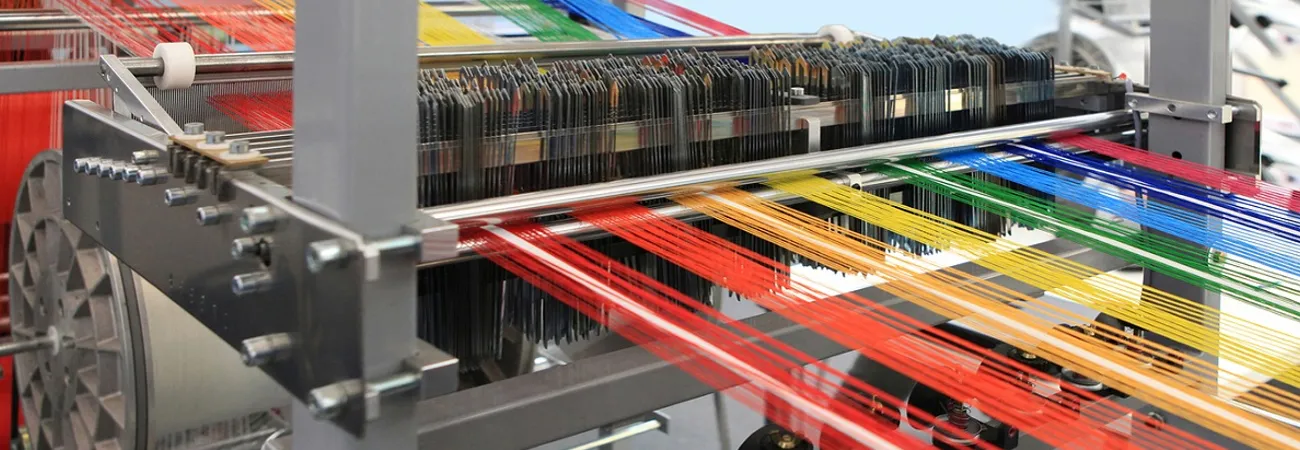i ECONOMY
Textile exporters are grappling with multifaceted issues like the surging prices of gas, electricity and raw materials; however, the GSP+ status given by the European Union will provide the industry with ample relief. Talking to WealthPK, Ahmed Ali, an exporter, said with the help of the Generalized Scheme of Preferences Plus (GSP+) status, the Pakistani products could easily access to the European markets without facing any tough competition. He said India, Bangladesh and Vietnam were the powerful business rivals, making it difficult for Pakistan to keep the foreign customers in its grip. “The GSP+ status enables Pakistan to provide its textile products without any duty. Our textile segment has been extolled in the European Union markets for introducing quality products, which helped earn a hefty foreign exchange.”
Ali said the expectations of exporters were high because Caretaker Federal Commerce Minister Gohar Ijaz, himself an industrialist, knew how to maximize the potential of this status during his stint and he would leave no stone unturned in this regard. However, former president of Faisalabad Chamber of Commerce and Industry, Mian Aftab Ahmed, thinks otherwise. Talking to WealthPK, he said it's a good sign that Pakistan had been given the GSP+ status again but it was ironic that the country was unable to harness the facility due to various factors like the utility prices, uncontrollable rates of raw materials and fluctuating prices of US dollar. He said industrialists were bearing the brunt of wrong policies and finding it hard to survive. He said some big textile units were on the verge of collapse due to the pathetic working conditions. However, he avoided disclosing the names of textile units facing financial crunch.
“The GSP status provides us with an opportunity to outclass our business rivals, but unfortunately we can't do anything these days owing to the unfavourable policies. Effective policies are the need of the hour which would ultimately support the government, strengthen the national economy, generate jobs and fetch the much-needed forex,” he said. “You can tag this status a lifeline for the textile sector of Pakistan and now it's up to the people at the helm to pave the way and move forward or lose the opportunity, Mr. Hassan, a garments exporter, told WealthPK. “We shouldn't just get the status as a label, as the countries are facing tough financial conditions and will try to dump their products at cheaper rates in the European Union markets,” he said. "So, in the given circumstances, the government must introduce pro-industry policies after taking the IMF officials into confidence. We can reshape the future of the textile sector which is a major source of income for the national kitty,” he added.
Credit: Independent News Pakistan (INP)









